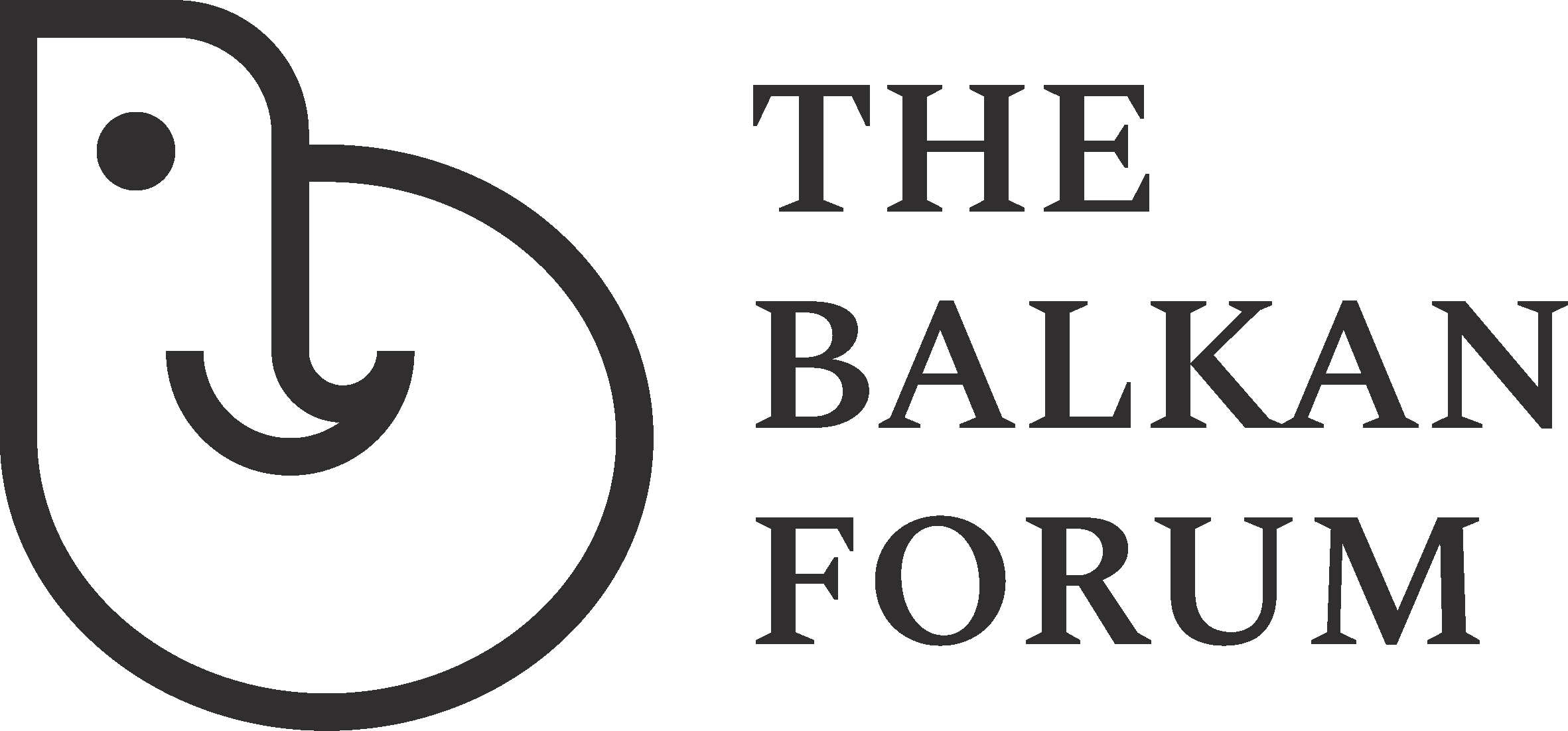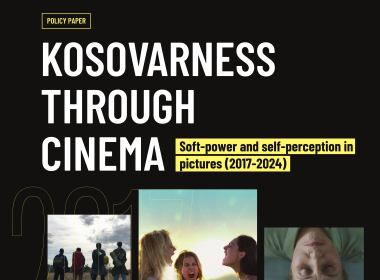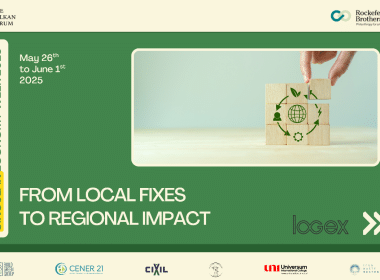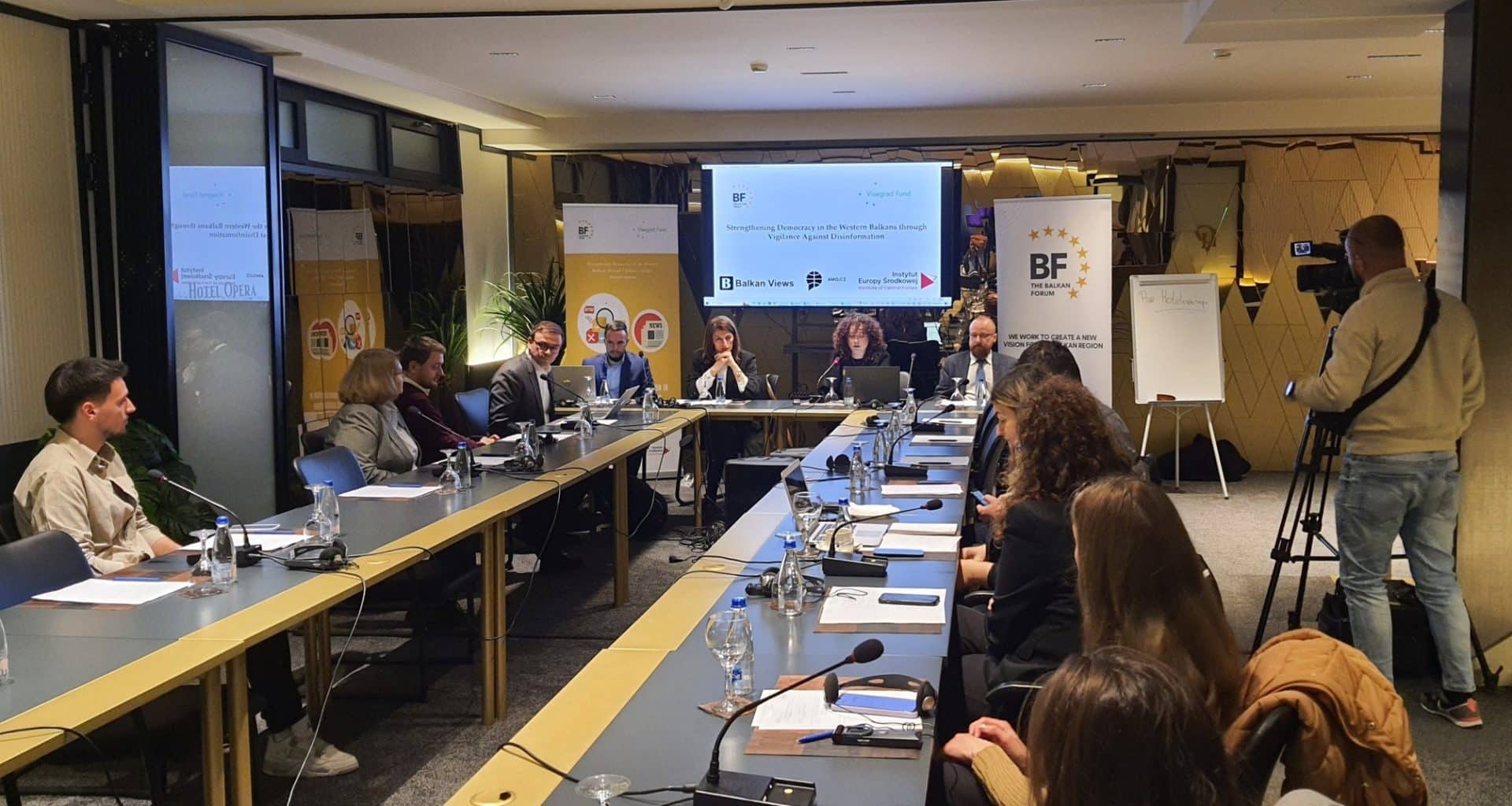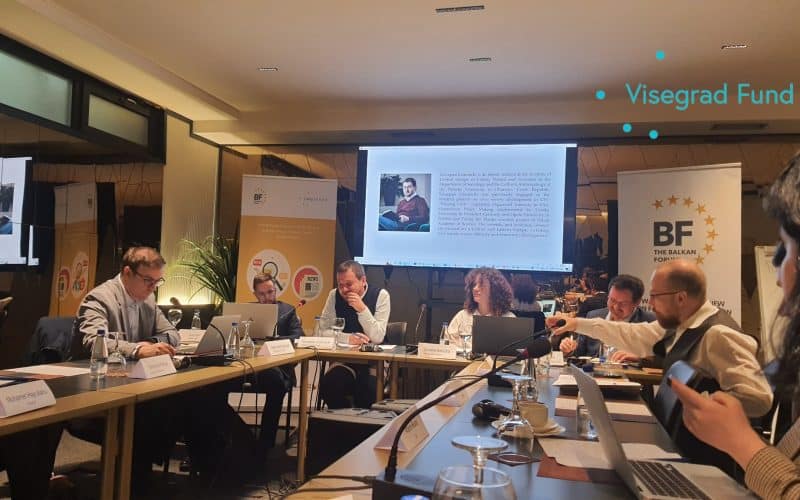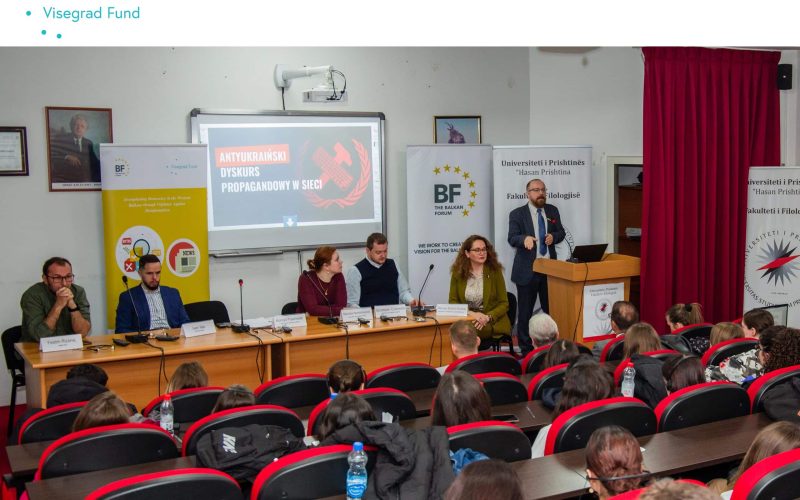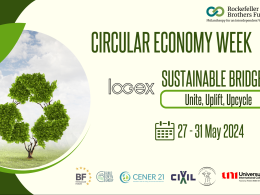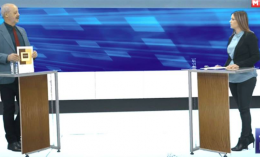In today’s interconnected digital realm, the proliferation of misinformation, disinformation, and deepfakes has reached unprecedented levels. The advent of social networks and various online
platforms has provided fertile ground for the dissemination of falsehoods, posing a significant threat to the democracy and serving as
a potent weapon for autocratic regimes. Addressing these pressing concerns, “The Balkan Forum,” in collaboration with three esteemed organizations from Central Europe – namely, the “Association For International Affairs – AMO” from the Czech Republic, “The Institute of Central Europe” from Poland, and “The Balkan Views” from Slovakia –
has forged a strategic partnership. This partnership has led to the initiation of the pivotal project titled “Countering False Information in Kosovo: Experience-Sharing between V4 and Pristina.”
The four-day event, held between the 26th and 29th of March 2024, convened a diverse array of stakeholders, including experts, media representatives, NGO affiliates, and students from journalism and political science departments. The primary objective was to engage in meaningful discourse and exchange insights regarding the effective mitigation of false information, safeguarding the Euro-Atlantic trajectory of nations, and upholding the fundamental tenets of democracy.
The roundtable debates and enlightening lectures provided a conducive environment for sharing experiences and best practices in combating
disinformation. Participants delved into topics such as situational awareness of disinformation in V4 countries and Kosovo, the roles of non-state and state actors in its dissemination, as well as the efficacy of various countermeasures and regulatory frameworks.
“It’s a pleasure to welcome you all to this discussion, where we’ll be tackling a pressing issue that’s affecting the world at large. In an era of burgeoning online platforms, it’s crucial that we address the phenomenon of misinformation. Today, our focus is on understanding this phenomenon and strategizing ways to combat it without inciting unnecessary panic among the public. It’s evident that regions in close proximity to conflict, such as the Western Balkans, bear a heavier burden of this misinformation. With that in mind, let’s delve into the discourse,” remarked Gazemend Bërlajoli, Executive Director of The Balkan Forum, as he opened the floor on the event’s inaugural day.
The invaluable insights gleaned from discussions shed light on the unique challenges faced by the region and underscored the importance of collaborative efforts in combating disinformation. The presence of experts from V4 countries not only highlighted prevailing challenges but also elucidated effective strategies and tools employed in the fight against disinformation.
Central to the discourse was the pivotal role of civil society in conjunction with governmental bodies in combating the scourge of disinformation. The symbiotic relationship between these entities was deemed essential in safeguarding societal development from the
pernicious effects of misinformation.
“Fake news holds immense power, and it’s a concern that weighs heavily on my students. In today’s digital age, where information overwhelms us from various devices, education emerges as our most potent tool against this threat. It’s imperative, particularly for experts, to identify and prevent misinformation, while also educating the public. The dissemination of biased information, especially targeting the West, underscores the urgency of this issue,” emphasized Konrad Pawlowski, PhD Professor in University of Maira Curie-Sklodowska in Lublin Poland and Head of Balkan Department at the Institute of Central Europe (Poland).
The discussions pertaining to the vulnerability of the Western Balkans to disinformation proved illuminating and served as a catalyst for introspection and collective action.
“Policy enforcement and law enforcement fall within the purview of the state, whereas softer, proactive measures such as education, fact-checking, and community engagement require collaboration between the
state and civil society. Monitoring, analysis, and raising public awareness are shared responsibilities as well. However, it’s crucial to note that non-formal education in the Czech Republic has historically lagged behind, particularly around 2014-2015. To address this gap, the
government must prioritize innovative educational initiatives in schools and universities, ensuring there’s no room for the spread of disinformation,” asserted Pavel Havlicek, Research Fellow at the Association for International Affairs (AMO) in Czechia.
Furthermore, a dedicated segment of the event, held on the 28th and 29th of March, saw experts engage with university students in Kosovo. Through informative talks, students were equipped with the requisite
knowledge to discern false information, employ fact-checking methodologies, and cultivate critical thinking skills. Recognizing the pivotal role of technological advancements in the propagation of disinformation, discussions also touched upon the integration of artificial intelligence in combating this phenomenon.
“Many people are informed through various websites and actively follow the news and events, both political and economic, happening in the country, but what is worth mentioning is that our citizens are very active
on “Telegram”, which is a platform with great potential disinformation and manipulation with fake news. But in recent years, I have to mention that we have received some instructions from Brussels to manage this
news since last year we were one of the most attacked countries. Where we can mention the two countries that have the most influence on the Czech Republic are Russia and China”, said Nikoleta Nemečkayová,
Research Fellow at Association for International Affairs – AMO (Czechia).
The rich exchange of ideas, coupled with compelling case studies and real-world examples, underscored the imperative of fostering critical thinking skills from an early age. Participants unanimously agreed on the
necessity of integrating critical thinking education into primary school curricula as a preemptive measure against the proliferation of falsehoods.
“When we talk about espionage and influence, I can say that we have many such people who also work in our institutions, for example in the Czech embassy, and this has an impact on the lives of citizens because
it affects administrative policies where they even interfere in population taxes, for example, it stops or increases taxes for many things and if you
don’t support a Russian party but support a party with policies of the European agenda, you are immediately attacked”, stated Szczepan Czarnecki, Analyst, Department of the Visegrad Group, The Institute of
Central Europe (Poland).
As the project “Countering False Information in Kosovo: Experience-Sharing between V4 and Pristina” progresses, its second phase, scheduled for April, promises further collaborative endeavors aimed at fortifying societal resilience against the pernicious effects of disinformation. This crucial initiative is made possible through the generous support of the “International Visegrad Fund,” affirming the collective commitment to upholding the integrity of information in the
digital age.
